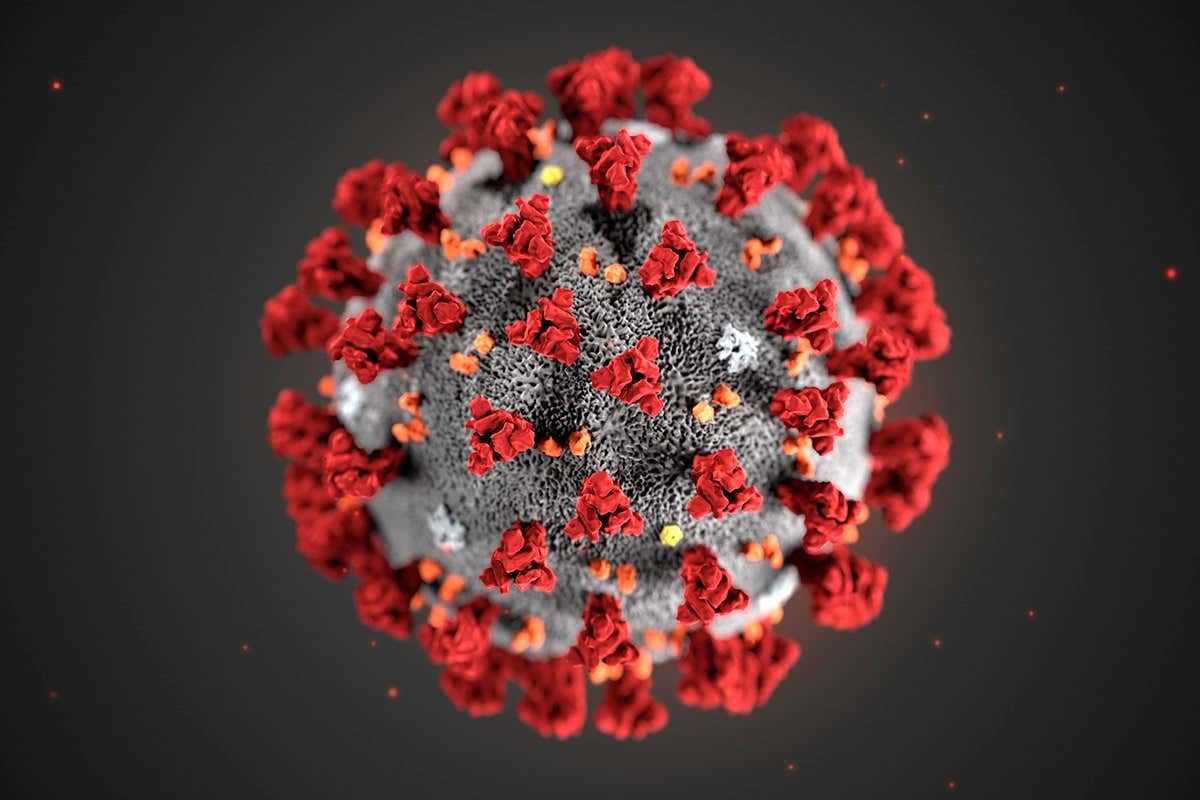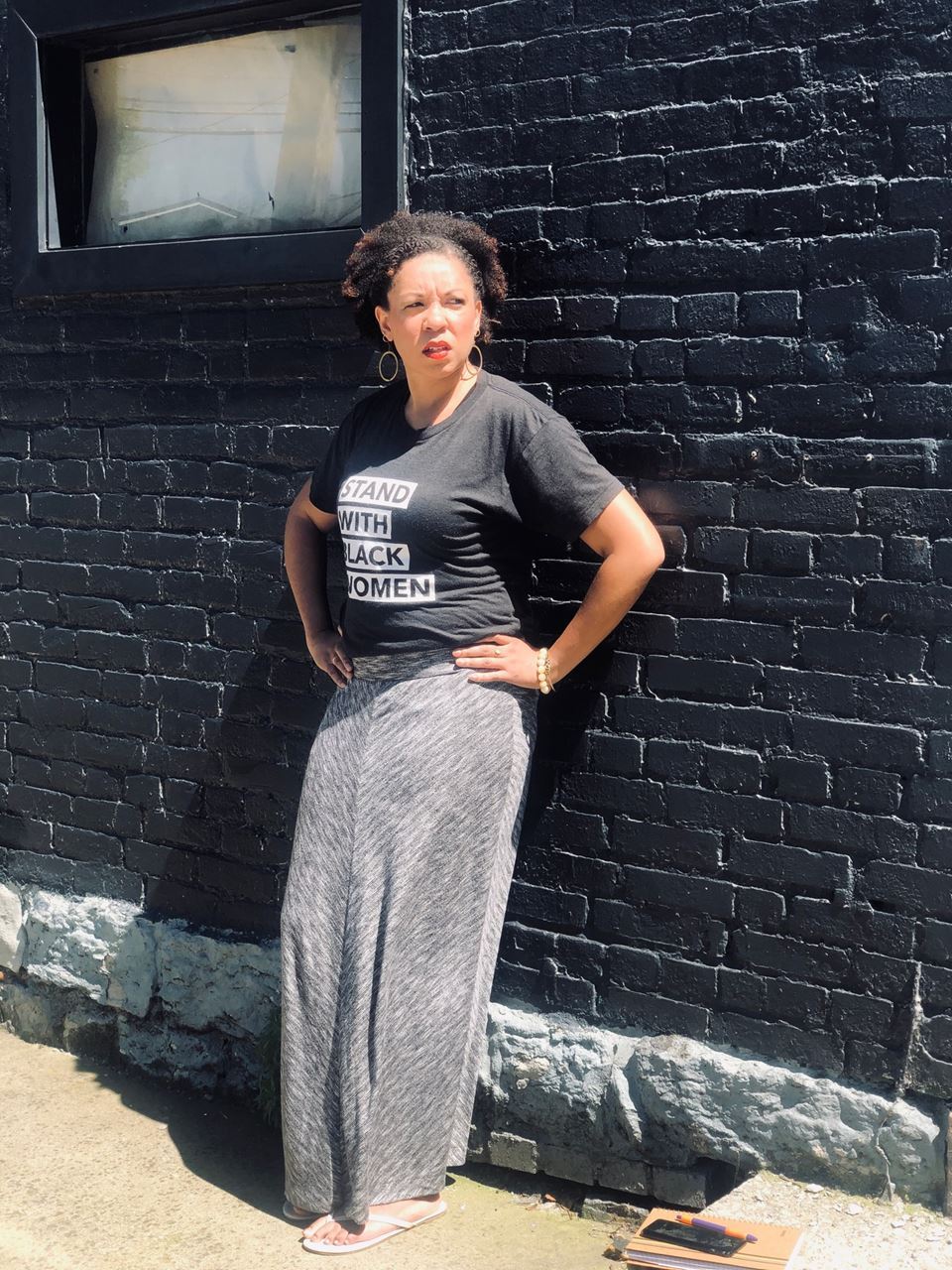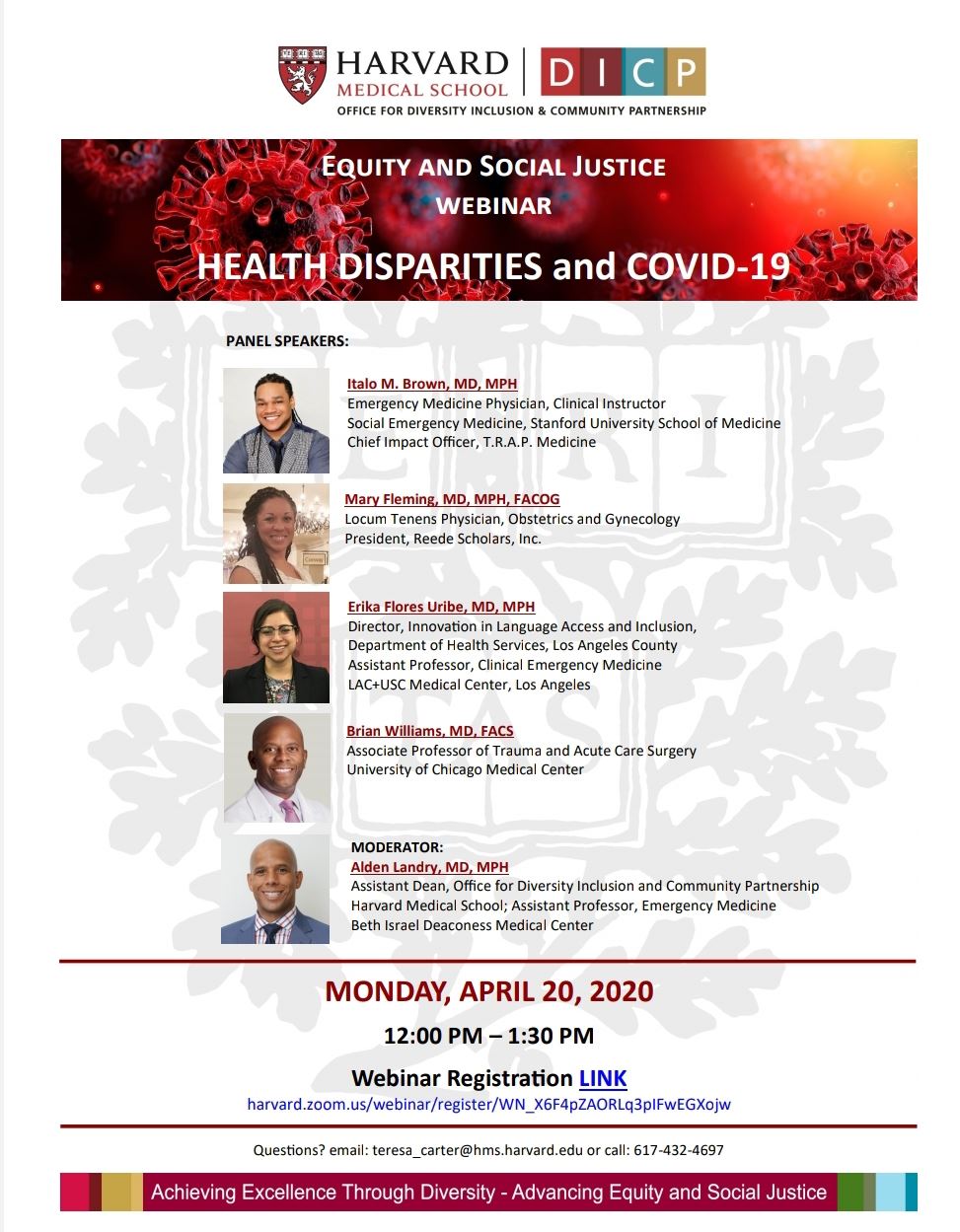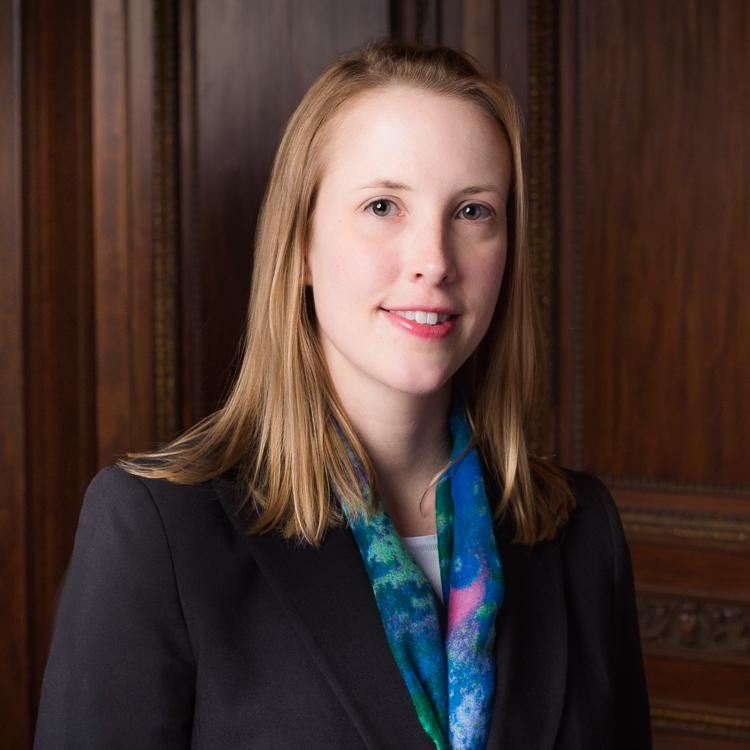.png) |


|
|
Darrell Gray, MD, MPH Gastroenterologist at OSU Wexner Medical Center and the James Cancer Hospital |
How to mitigate risk and foster resilience among vulnerable populations during COVID-19Darrel Gray, May 2020 As featured in KevinMD Over the past two months, health professionals and community advocates have brought to the fore of national attention what has been the lived experience of many within black and brown communities for ages — racism kills. The substrate of structural racism and systemic inequities, now combined with a catalyst, COVID-19, is accelerating fatalities among those who are disproportionately burdened by chronic diseases such as heart disease, diabetes, and cancer. The death toll, along with the disparities magnified therein, is forcing America to revisit her sordid past. During both the influenza pandemic of 1918 and the H1N1 epidemic of 2009, those made most vulnerable by virtue of social determinants and chronic diseases were more likely to die. Yet, here we are again, déjà vu, amidst a COVID-19 pandemic in which we are witnessing many people die because of those same factors. I’m reminded of Groundhog Day, a 1990s fantasy movie, in which the star, Bill Murray, is trapped in a time loop in which he relives the same day over and over again. Yet, as the plot progresses, the protagonist gradually learns to avoid the missteps of his past. Ultimately, as his fate would have it, the time loop is broken. America, in contrast, seems unable to escape her time loop. The cycle of discriminatory policies and practices (redlining, for example) repeatedly makes a segment of the population – those living in poverty, those with limited access to high-quality care, those living in crowded and/or unsafe conditions, those with limited English proficiency, to name a few — vulnerable to poor health outcomes. And the vulnerable are predominately black. Thus, it should be of no surprise that black Americans are dying at greater rates than other racial and ethnic groups. The “why” — underlying social determinants of health and non-medical, health-related social needs — is also a recurring theme. Unless we address the upstream social structures (racial wealth gap, for example), vulnerable populations will continue to drown in downstream health inequities. Such changes require time. A lot of time. Time America had. Time America must commit. However, amidst our current pandemic, there is some change that can be achieved rapidly. There are three key strategies that, with state and federal support, we can deploy now to mitigate risk and foster resilience among vulnerable populations during the COVID-19 pandemic. 1. Partner with trusted local and national community-facing organizations and provide them with financial resources to navigate people through this crisis. Organizations such as The National African American Male Wellness Initiative and Ethiopian Tewahedo Social Services effectively communicate to their target communities, African Americans, and immigrants respectively, around holistic health and wellbeing, serve as a liaison between members of those communities and social services, and commonly refer individuals for medical care. They are integral to connecting with traditionally hard-to-reach groups and overcoming barriers of medical mistrust, low literacy or limited English proficiency that prevent some minorities from engaging in the health care system and complying with recommendations from health care providers. During this pandemic, they can be a vehicle to dispel myths and validate truths. They can also be a conduit for mask distribution, community-based SARS-CoV-2 testing and contact tracing, and training community members on how to utilize technology for both telehealth visits and connecting with family while complying with social distancing recommendations. 2. Accelerate testing availability in communities that need it. How? By using state-level data to target zip codes and/or census tracts in which there is a high prevalence of chronic diseases, poverty, food insecurity, and/or high utilization of public assistance benefits such as Temporary Assistance for Needy Families (TANF), Supplemental Nutrition Assistance Program (SNAP) or Medicaid. The growing pool of data suggests that these factors overlap with hotspots for COVID-19 deaths. Further, as health centers create their own testing reagents and kits, it becomes easier to have mobile or pop-up testing sites in communities and outside of the walls of hospitals and clinics. 3. Protect low-wage essential workers and their families. Such workers — public transit, grocery store, and sanitation workers, for example — are predominantly from black and brown communities and less able to work from home during this pandemic. All of them should receive masks and gloves. All should receive hazard pay. All should have the option of alternate housing available, if they develop symptoms of COVID-19. As a physician with training in public health and health policy, I emphatically believe that health care providers play a pivotal role in the health of our local communities and nation. We can both address the medical and mental health needs of patients who traverse our emergency departments, hospitals, and clinics and work with community leaders and policymakers in a team-based approach to tackle the systemic social structures that contribute to chronic diseases that disproportionately burden them. When I entered medical school, I vowed, like many others, to act when I witness injustice. I have taken and advocate for implicit bias training that forces participants to identify their unconscious biases (that may, for example, lead them to preferentially hospitalize a white patient over a black patient presenting with the same severe COVID-19 symptoms) and arms them with strategies to mitigate them. Thus, I reject the assertion that “the medical profession should abandon the fantasy that physicians can be trained to solve the problems of poverty, food insecurity and racism.” I was trained to do so and am employing these critical skills in partnership with a plethora of leaders in private and public sectors. Many other physicians are as well, through training programs such as the Commonwealth Fund Fellowship in Minority Health Policy. If we aim to break the Groundhog Day-esque time loop that has us reliving the tragedies of the H1N1 epidemic 2009 and “Spanish flu” pandemic of 1918, we must all contribute to dismantling the discriminatory policies and practices that foster vulnerability in black and brown communities and tackle the immediate health challenges that befall them. |
|
Thank you Reede Scholars! This year, you have surely answered the call for increased engagement! In addition to handling your personal and professional responsibilities during Covid-19, many have participated in our virtual Leadership Retreat, Annual Business Meeting, agreed to participate in our podcasts, participated in writing groups, and donated money to help keep our programming in motion. Scholars Darrel Gray, Rhea Boyd, Mallory Williams, Sanjeev Sriram, Monique Nugent, Deonza Thymes, Brian Swann, Phillip Woods, Kimberly Chang, Phillip Murray, Wilson Wang, Keila Lopez and Anne Newland all lent their time and voices to talk with me on Reede Scholars Live! The widely shared podcasts have received praise and high ratings. They are now archived and available online. A VERY SPECIAL THANK YOU to our $1,000 and $1,000+ donors for their tax deductible donations to our organization: Asare Christian Nawal Nour Adolfo Valadez Mallory Williams Lastly, a huge thank you to our Board of Directors!! Your timely responses to the initiatives put before you have contributed to several successful campaigns, including the Reede Scholars Covid-19 Stimulus Donation and Resolution to establish a Althea Roach Thomas Minority Health Policy Scholarship. Board of Directors: Cynthia Hodge, DMD, MPH, MPA Dora Hughes, MD, MPH Kamilah Jackson, MD, MPH Elna Nagasako, MD, PhD, MPH Alexander Amon Rodgers, MD, MPH D'Nyce Williams, MD, MPH, MPA Phillip Woods, DDS, MPH Thank you all so much for all your support! |
|
|
|
|




 Mary’s Center Overview
Mary’s Center Overview
.png)

 HEALTH POLICY BRIEF
HEALTH POLICY BRIEF